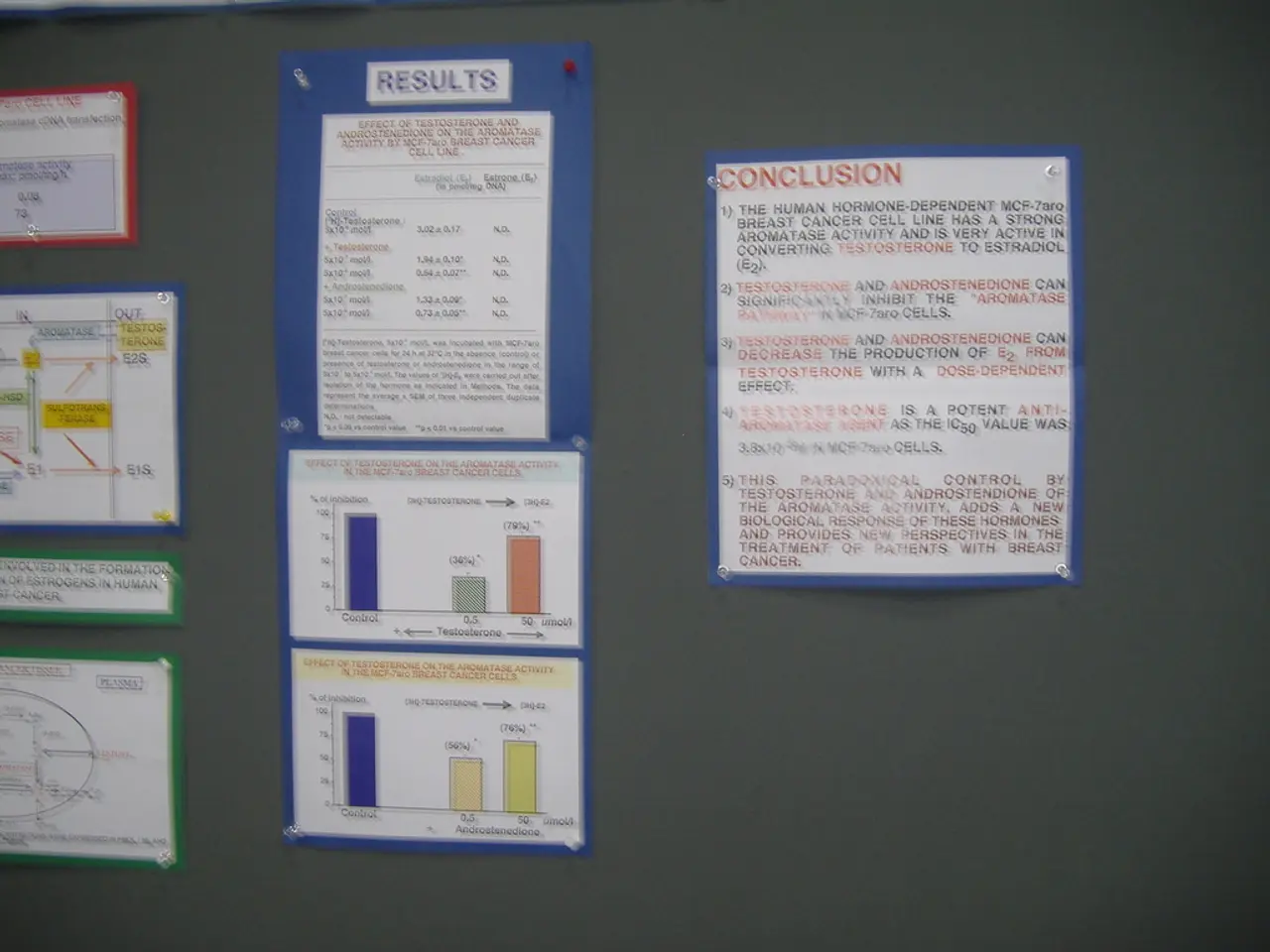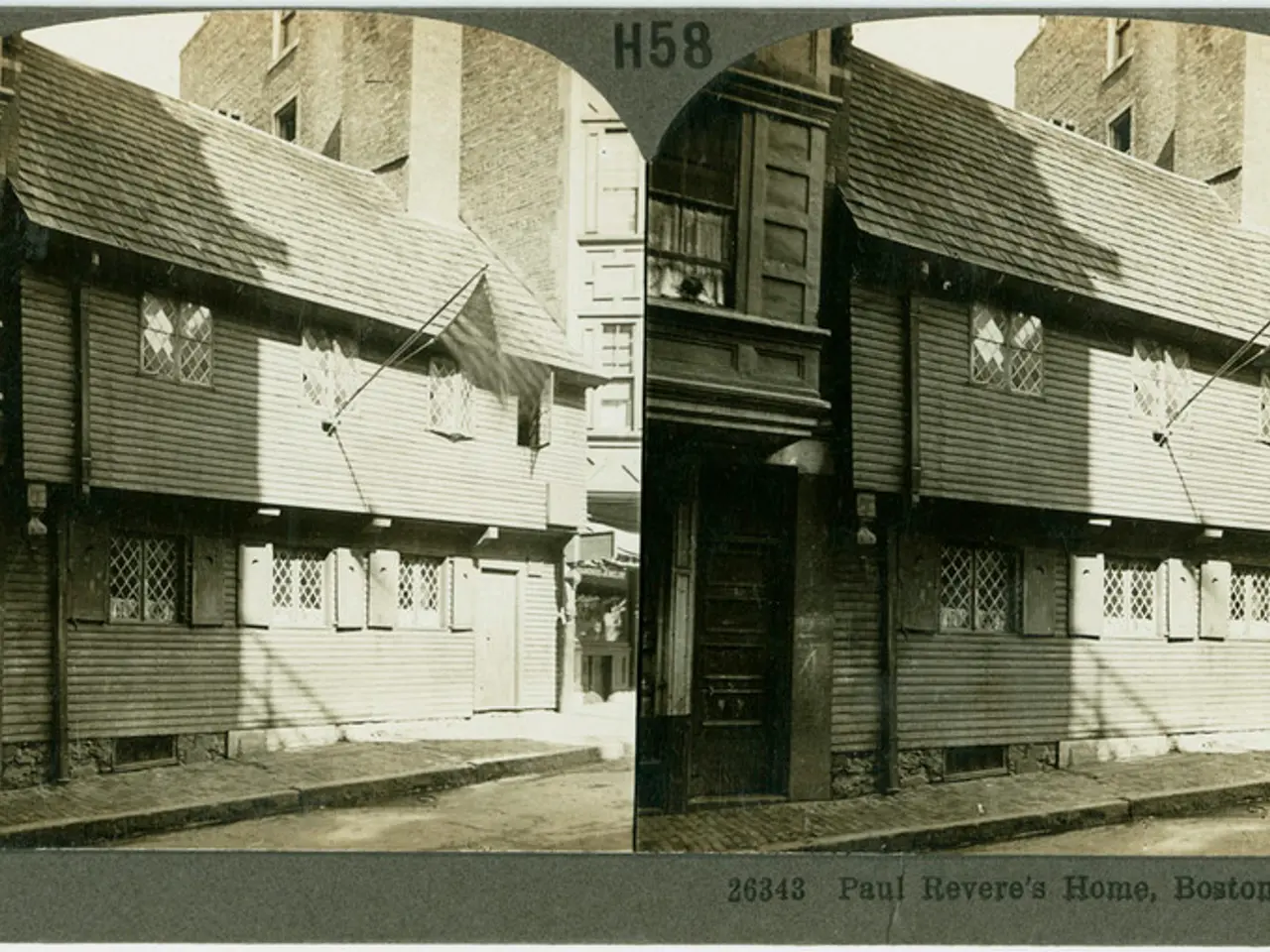Struggles in achieving quasi-inclusion and upholding supervisory standards?
In a recent development, the Court of Appeal of The Hague has posed preliminary questions to the Court of Justice of the European Union (CJEU) regarding the interpretation of Article 12 of Directive 2014/24/EU regarding the in-house exception. This comes following Advocate General Rantos's conclusion on the case AVR Afvalverwerking v NV BAR-afvalbeheer, NV Irado, and Afvalsturing Friesland NV.
The key consideration when applying the in-house exception's 80% turnover test in EU public procurement is determining which turnover figures must be included to determine if the controlled entity meets the threshold. According to Advocate General Rantos, the relevant turnover to be considered is not limited solely to the turnover achieved by the specific entity awarded the contract. Instead, it may be necessary to include the consolidated turnover of the entire group or all entities belonging to the same economic unit under competition law.
Regarding the type of activities generating turnover, whether turnover arises from payments received from third-party users, it may still be included in the calculation for the 80% test if the activity is performed on behalf of controlling contracting authorities. This indicates that turnover from activities performed by subsidiaries on behalf of the controlling public bodies should be considered.
Moreover, the composition of the decision-making bodies and control exerted by the contracting authorities are critical. If multiple contracting authorities are involved, the controlled entity’s decision-making bodies must include representatives of all these authorities, and collectively they must exert decisive influence without conflicting interests.
Municipalities and contracting authorities relying on in-house exceptions are advised to review their legal structures and turnover calculations carefully to ensure compliance under evolving jurisprudence, particularly focusing on whether the turnover of affiliated entities must be included in the 80% test and whether indirect supervision requirements are met.
In the case at hand, BAR, a waste management entity established by BAR municipalities, had separate contracts with waste processors, including AVR, until the end of 2019. Irado, set up by three South Holland municipalities, became a shareholder of AF in 2017.
Advocate General Rantos's conclusion implies a real risk that the 80% standard will no longer be met if there are subsidiaries within the group that do not carry out contracts commissioned by the contracting authority. However, the fact that the landfill site turnover is achieved through payments from third-party users is irrelevant to the question of whether the 80% condition is met.
These criteria aim to prevent circumvention of procurement rules by splitting activities across entities and ensure genuine in-house provision of services. The final ruling on these preliminary questions from the CJEU is expected to provide further clarity on the application of the in-house exception in EU public procurement.
The application of the 80% turnover test for the in-house exception in EU public procurement requires consideration of both the sourcing of relevant turnover figures and the activities generating such turnover. Not limiting the relevant turnover to the specific entity awarded the contract, it may be necessary to include the consolidated turnover of the entire group or all entities belonging to the same economic unit under competition law.
Regarding the type of activities generating turnover, if these activities are performed on behalf of controlling contracting authorities, the turnover can still be included in the calculation of the 80% test, thus signifying the need to consider turnover from activities performed by subsidiaries on behalf of the controlling public bodies.




